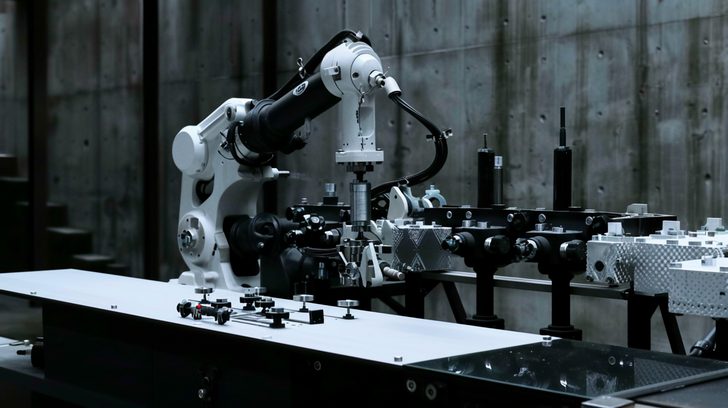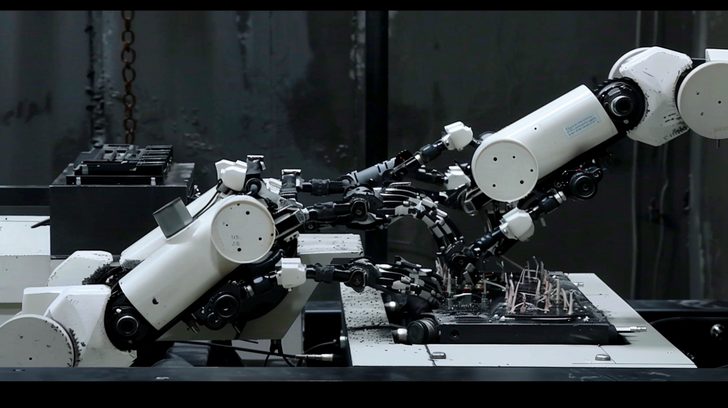As I sit down to write this journal article about artificial intelligence, I’m reminded of the countless conversations I’ve had with friends and colleagues about the potential risks and benefits of this technology.
What if artificial intelligence surpasses human intelligence and becomes uncontrollable, they ask.
Or, what if it takes over our jobs and leaves us with nothing to do.
These are valid concerns, and as someone who’s interested in the field of artificial intelligence, I want to explore these questions further in this journal article about artificial intelligence.
Introduction to Artificial Intelligence
So, what is artificial intelligence, exactly.
Artificial intelligence refers to the development of computer systems that can perform tasks that would typically require human intelligence, such as learning, problem-solving, and decision-making.
This can include things like speech recognition, image recognition, and natural language processing.
Types of Artificial Intelligence
There are several types of artificial intelligence, including:
- Narrow or Weak Artificial Intelligence: This type of artificial intelligence is designed to perform a specific task, such as facial recognition or language translation.
- General or Strong Artificial Intelligence: This type of artificial intelligence is designed to perform any intellectual task that a human can, such as reasoning, problem-solving, and learning.
- Superintelligence: This type of artificial intelligence is significantly more intelligent than the best human minds, and could potentially pose a risk to humanity if not controlled properly.
Benefits of Artificial Intelligence
So, what are the benefits of artificial intelligence, and why should we be interested in it.
Well, for one, artificial intelligence has the potential to improve our lives in many ways, such as:
- Automating repetitive tasks: Artificial intelligence can automate tasks that are repetitive or boring, freeing up humans to focus on more creative and high-value work.
- Improving healthcare: Artificial intelligence can help doctors and researchers analyze large amounts of medical data, leading to new insights and discoveries that can improve patient outcomes.
- Enhancing customer service: Artificial intelligence can help companies provide better customer service by analyzing customer data and providing personalized recommendations and support.
Risks and Challenges of Artificial Intelligence
However, as with any powerful technology, there are also risks and challenges associated with artificial intelligence.
Some of the risks and challenges include:
- Job displacement: Artificial intelligence could potentially displace human workers, particularly in industries where tasks are repetitive or can be easily automated.
- Bias and discrimination: Artificial intelligence systems can reflect and amplify existing biases and discriminatory practices, particularly if they are trained on biased data.
- Cybersecurity risks: Artificial intelligence systems can be vulnerable to cyber attacks and data breaches, particularly if they are not designed with security in mind.
Frequently Asked Questions
Here are some frequently asked questions about artificial intelligence:
- Q: Will artificial intelligence replace human workers?: A: While artificial intelligence may displace some human workers, it is also likely to create new job opportunities in fields such as artificial intelligence development and deployment.
- Q: Is artificial intelligence a threat to humanity?: A: While artificial intelligence has the potential to pose a risk to humanity if not controlled properly, most experts agree that the benefits of artificial intelligence far outweigh the risks.
- Q: How can I learn more about artificial intelligence?: A: There are many online resources and courses available for learning about artificial intelligence, including online tutorials, books, and degree programs.
Conclusion
In conclusion, artificial intelligence is a powerful technology that has the potential to improve our lives in many ways.
However, it also poses risks and challenges that must be carefully considered and addressed.
As I finish writing this journal article about artificial intelligence, I’m reminded of the importance of responsible innovation and the need for ongoing research and development in this field.
And so, I’ll end this article with the same keyword that I started with: journal article about artificial intelligence.
Happy auto blogging! 🎉📝 AutoBlog AI



